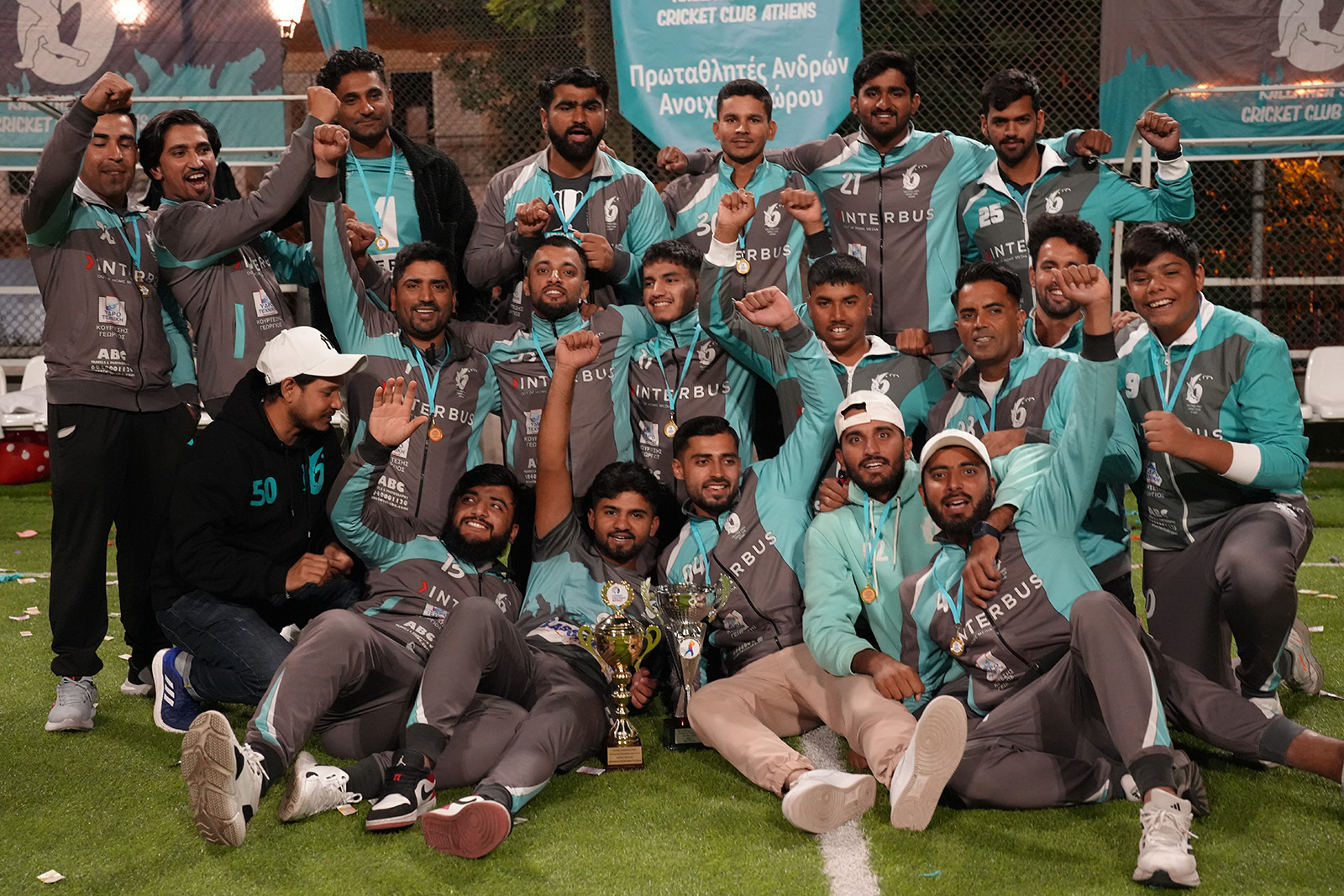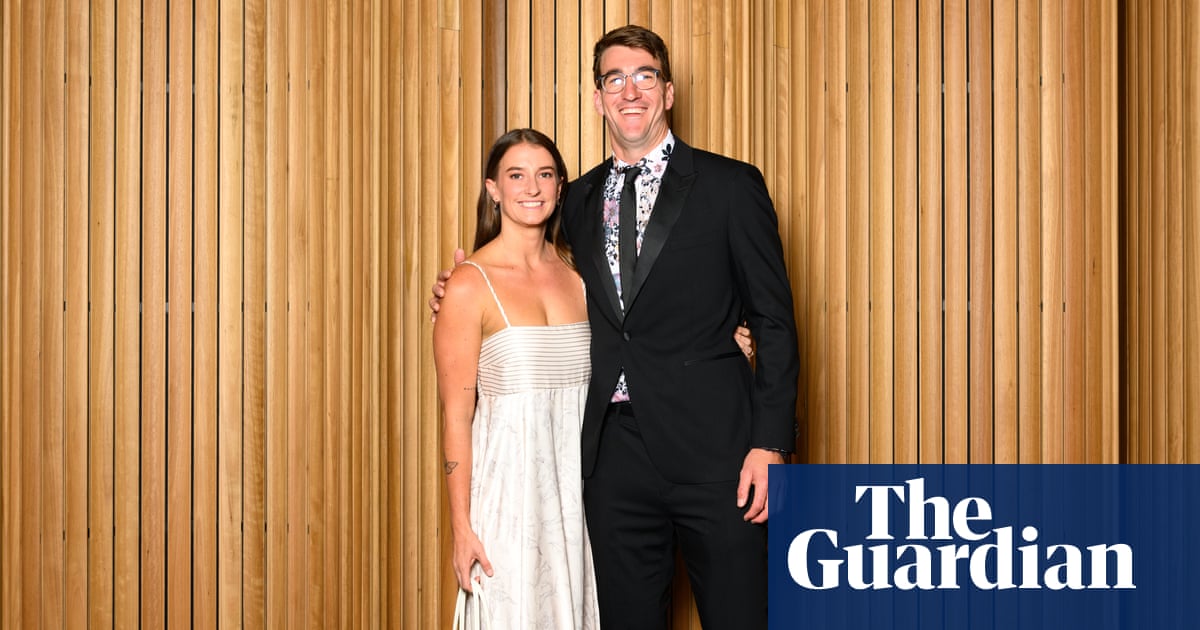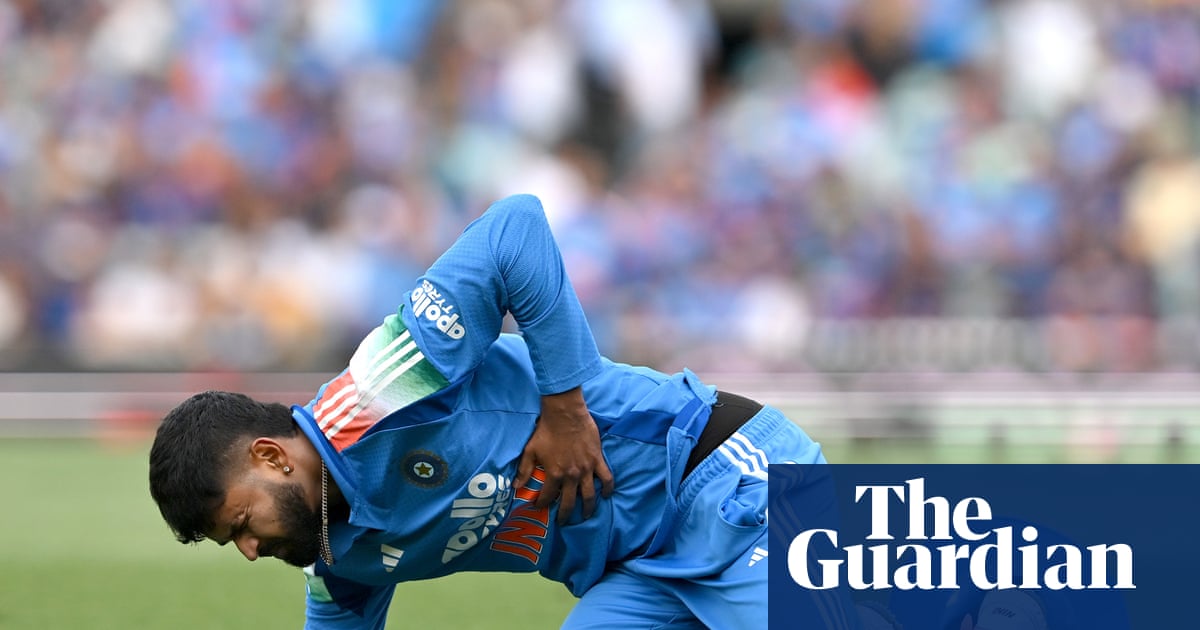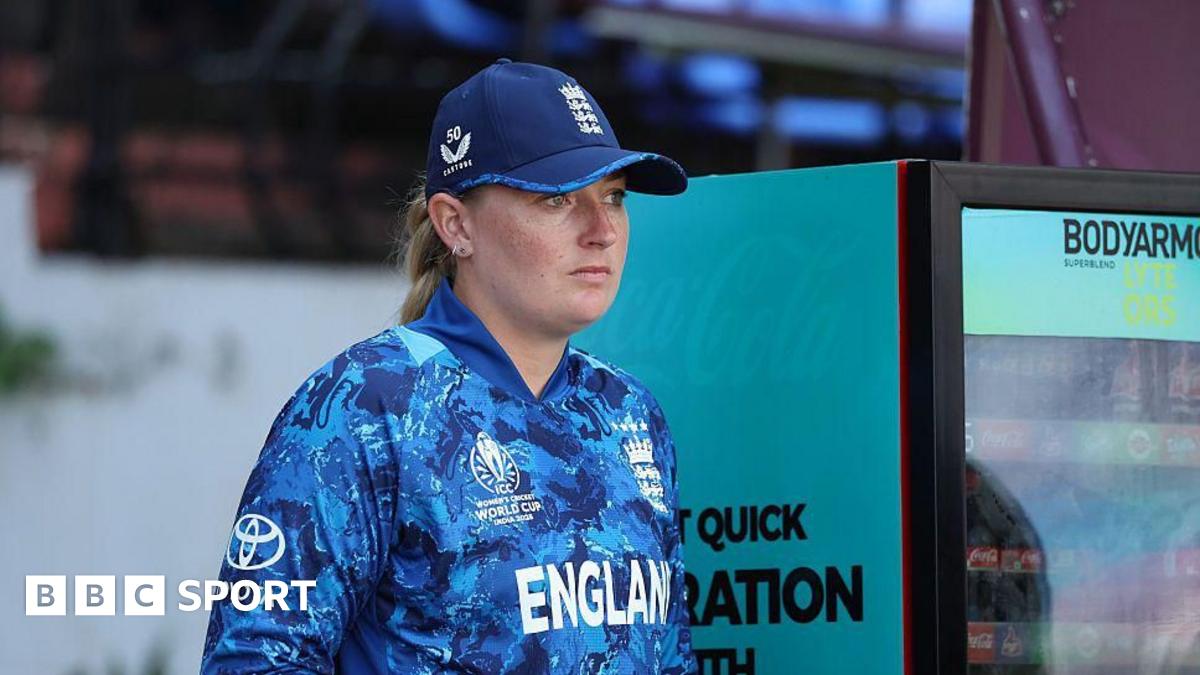How Greek refugee cricket team the Kallithea 6ers won championship

How a team of South Asian refugees became champions of Greek cricketIn just four years, Athens-based players have upended the sport in Greece and reclaimed their prideOn 5 October, the Greek cricket world was changed forever: the Kallithea 6ers, an Athens-based team made up entirely of refugees and immigrants from Pakistan, Afghanistan, Bangladesh and India, toppled Greece’s reigning champions, legendary Corfu team GSK Byron, to win the national championship.It may be the second most popular sport worldwide, but most Greeks aren’t even aware that cricket is played professionally in Greece or that the Hellenic Cricket Federation exists. Based in Corfu, it’s the only national sports federation outside Athens.Cricket arrived on the Ionian island with the British in the late 1800s and has been played passionately ever since. GSK Byron has dominated the Greek national cricket scene for more than a century — until this year.The upset started four years ago when Pakistani refugee Sajid Maher, 25, travelled to Corfu from Athens to play in a cricket tournament. He was desperate to meet the calibre of players that could help him realise a lifelong dream: to become a professional cricketer. In Athens, he had met a former professional Australian player, Vaios Pringas, who moved back to Greece in 1987. The two quickly bonded over their love of the sport and discovered they had been puzzling over the same question: why weren’t there any serious cricket teams in Athens?Since the mid-1990s, there has been a steady increase of migrants from South Asia moving to Greece — a phenomenon known as dunki migration, from the Punjabi word to hop from place to place. Now, on any given weekend, the crack of bats hitting balls can be heard echoing through the capital’s parks.“I just kept seeing these guys playing in Athens parks, and I realised how good they were,” said Vaios, now the Kallithea 6ers’ coach. “I thought they should have a better place to play, real grounds, uniforms, equipment.”He found there were no proper cricket grounds in Athens, so the team practised on soccer fields. Vaios searched for sponsors and trained to become a certified coach. Maher recruited players, including young men that had played in teams in their home countries.Every Tuesday and on Thursday evenings and Sunday mornings they trained and their ranks grew. Younger boys showed up, eager to play a sport they had grown up with, and to share a passion that not only united them but spoke to their yearning for home and belonging.“Cricket is in our blood,” Maher explained. “You grow up playing in 35 to 40C weather, and you never want to stop. When I started to play here, it was like wow, all my worries faded: how difficult it was coming to Europe, leaving my family behind, and the struggle to get papers to be accepted. It has not been easy.”Maher left his village in the Punjab province of Pakistan at 12, arriving in Greece as an unaccompanied minor in 2013. He doesn’t like to speak about the horrible things he witnessed on the way, the first months living on the streets, or working in agricultural fields where violence and exploitation were the norm.“Cricket is more than a sport for some of us. When we step on the field, we know we are someone.”For 11 years, Maher has struggled to secure legal citizenship in Greece. Rejected three times by the country’s harsh asylum system, he now has one final chance to obtain the coveted “vevaios” — the document that confirms his residency. While waiting, he lost his mother in Pakistan to cancer and was unable to return to bury her.He’s faced financial hardship, paying a local immigration fixer who promised to expedite his paperwork so he could visit his ailing mother — a promise that was not delivered. Like many young Pakistani men in Athens, Maher works long hours in food delivery, riding his motorbike through all weather, 10 to 12 hours a day, six days a week. And still, he wakes early every Sunday, puts on his cricket gear, and arrives at practice with a broad smile. His energy lifts his teammates; like Pringas, he lives and breathes the game.Many teammates share Maher’s uncertain legal status, making city life precarious. Police stops and street harassment are constant threats. Pringas has become a father figure, helping teammates find doctors and lawyers, and with other problems of life off the field. He also works tirelessly with the cricket federation and other supporters to introduce cricket into Greek schools, battling bureaucracy, funding gaps, and prejudice. Despite setbacks, his efforts have started to foster community and integration.“Look, what these boys and Vaios have achieved is nothing short of miraculous,” said Nicolas Fournarakis, an Athens businessman and Kallithea 6ers’ president. He has helped them with finding fields to train and providing equipment and support. “It’s a perfect opportunity to break down cultural barriers and bring kids from diverse backgrounds closer together, involve their parents. Greece is changing, our classrooms are changing.”The Kallithea 6ers lost to GSK Byron in the 2024 Corfu finals, but swore to practise harder and do everything necessary to become national champions in 2025.“Byron knew we were coming for them this year, and they knew we had the talent to beat them,” Pringas said.“There was no way we were going to be defeated by Byron this time,” Sajid added. “We gave it everything we had, and since we batted second, we had to chase runs.”Sure enough, in the final match against Byron, the refugee team came out swinging fours and sixes and never stopped. A sudden rainstorm heightened the drama, forcing play to a halt, causing chaos as both teams, officials and referees scrambled to declare the winner. Although rare, there is a rule for this situation: the Duckworth-Lewis-Stern (DLS) method, a complicated mathematical formula used to calculate a revised target for the team batting second. It’s based on runs scored, wickets lost, and overs remaining. The team ahead on the DLS score when play stops is declared the winner.The cricket federation deliberated overnight and in the morning, as the team were having breakfast, they received word from Fournarakis that they were the champions. The room erupted in screams of joy. “I’ve been dreaming of this since I got here,” Maher said. “But we deserve it, all the boys, the coach, our families back home, we take this trophy for Greece and for all of us, for everything we are and can be.”A few days later, Maher left for Pakistan to get married. After 12 years away, his homecoming is even more poignant, as he returns a real champion. “Of course I am coming back,” he said with a smile. “We have work to do, and we have more cricket to play.”














